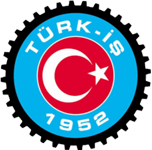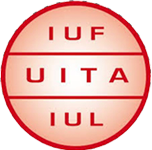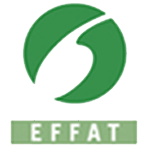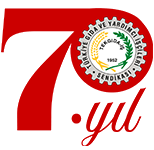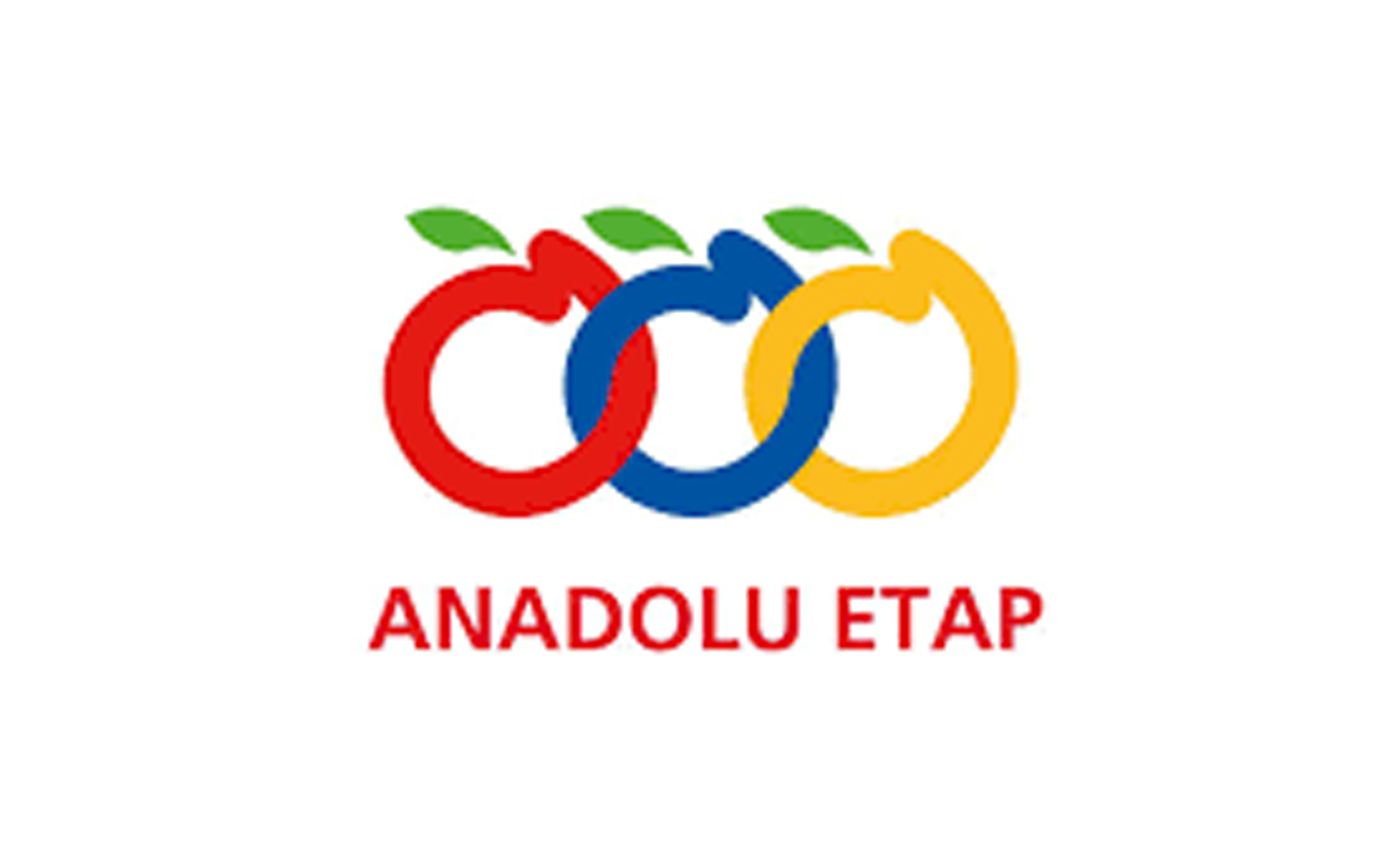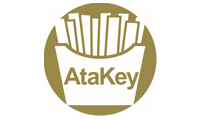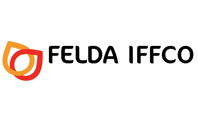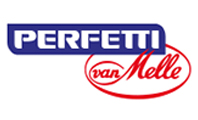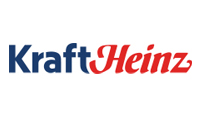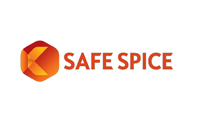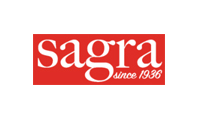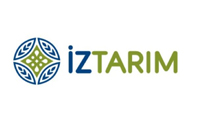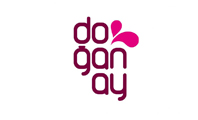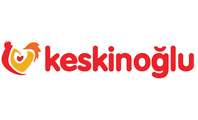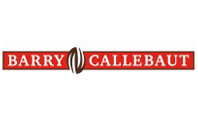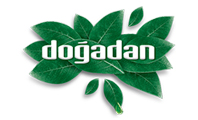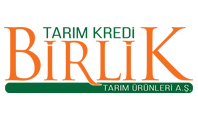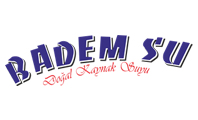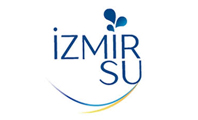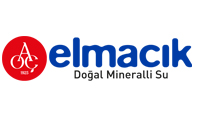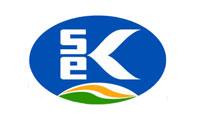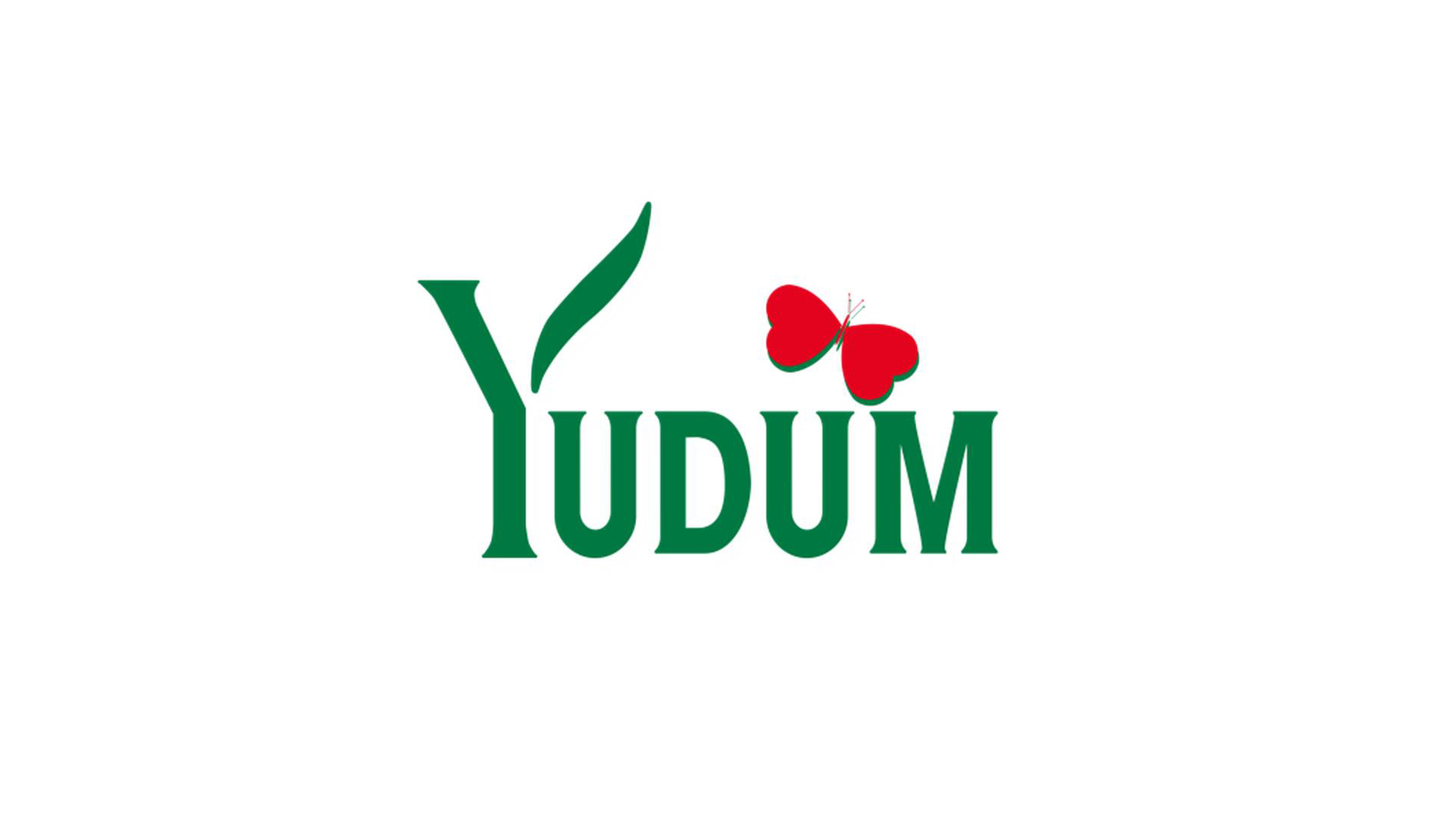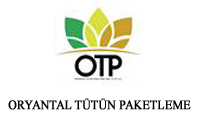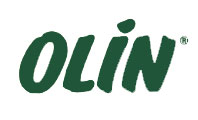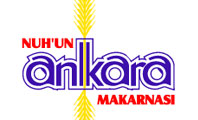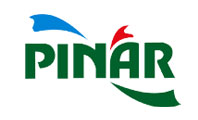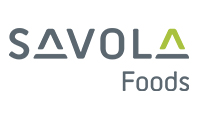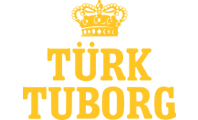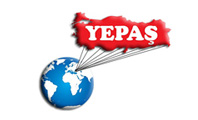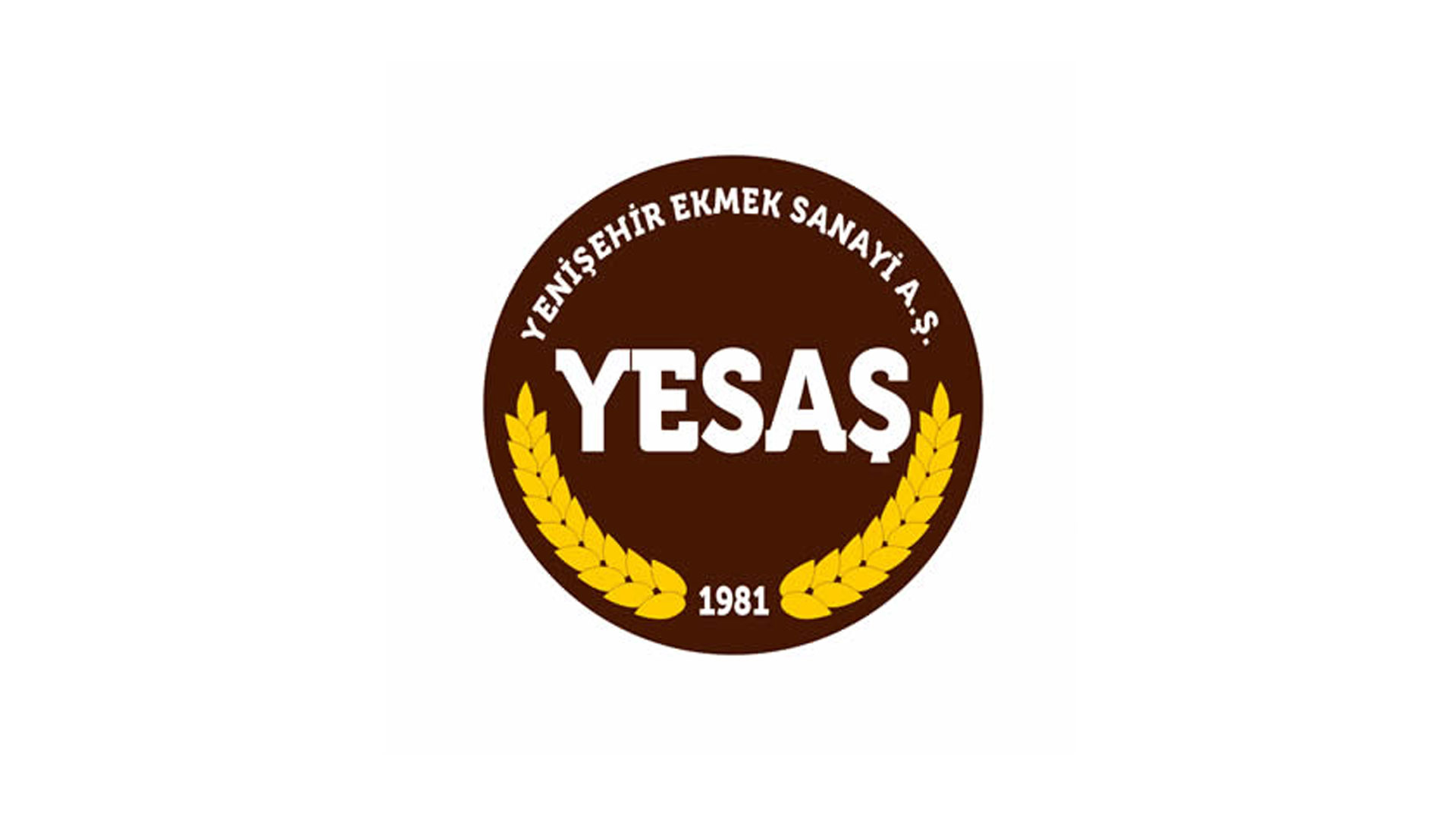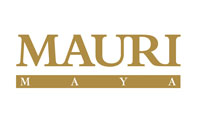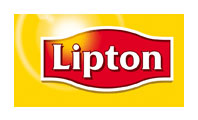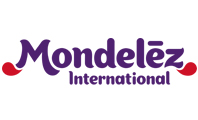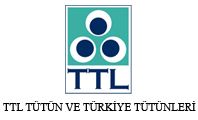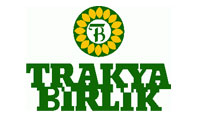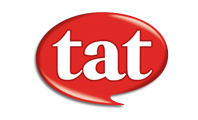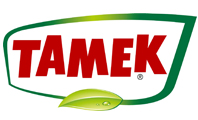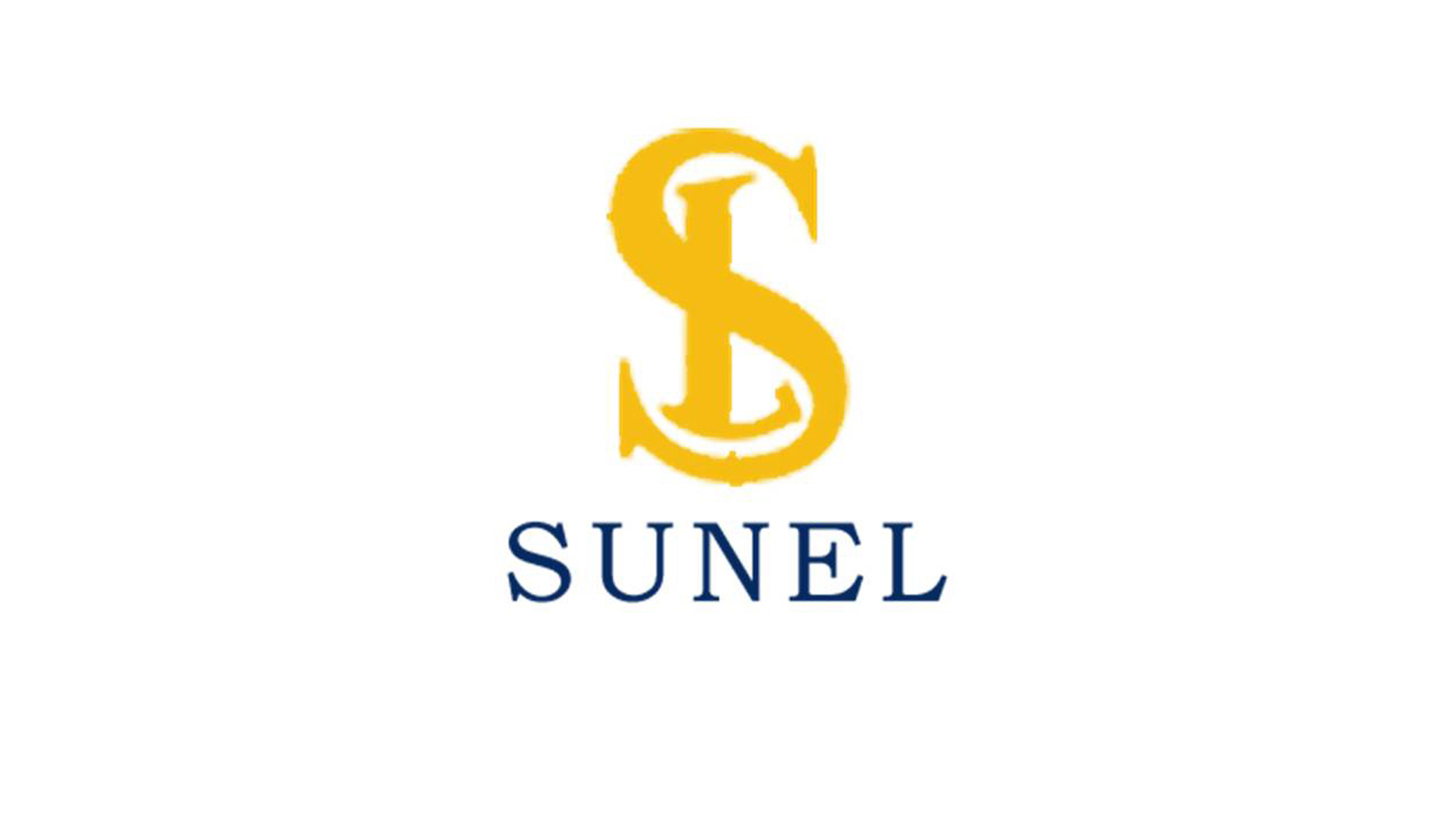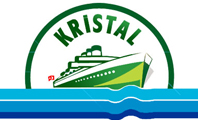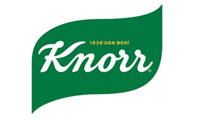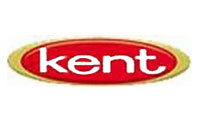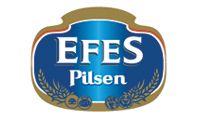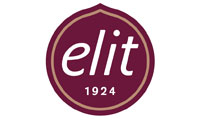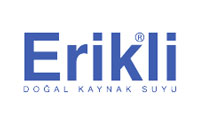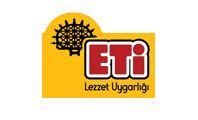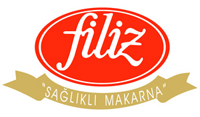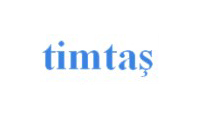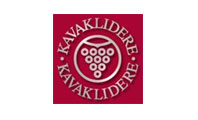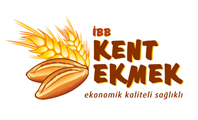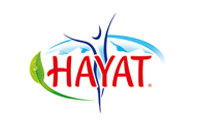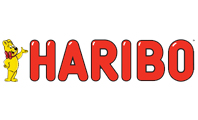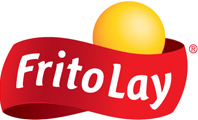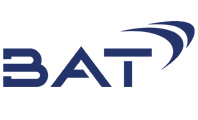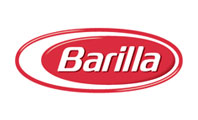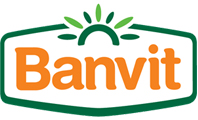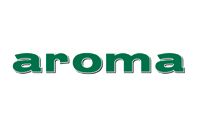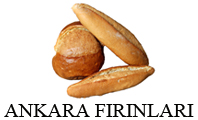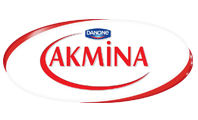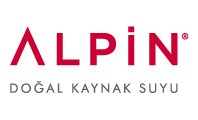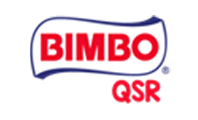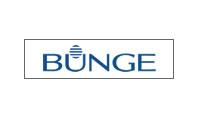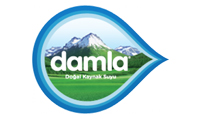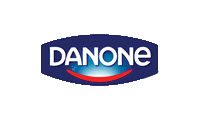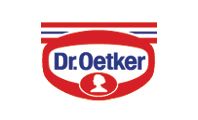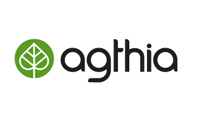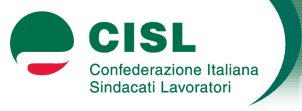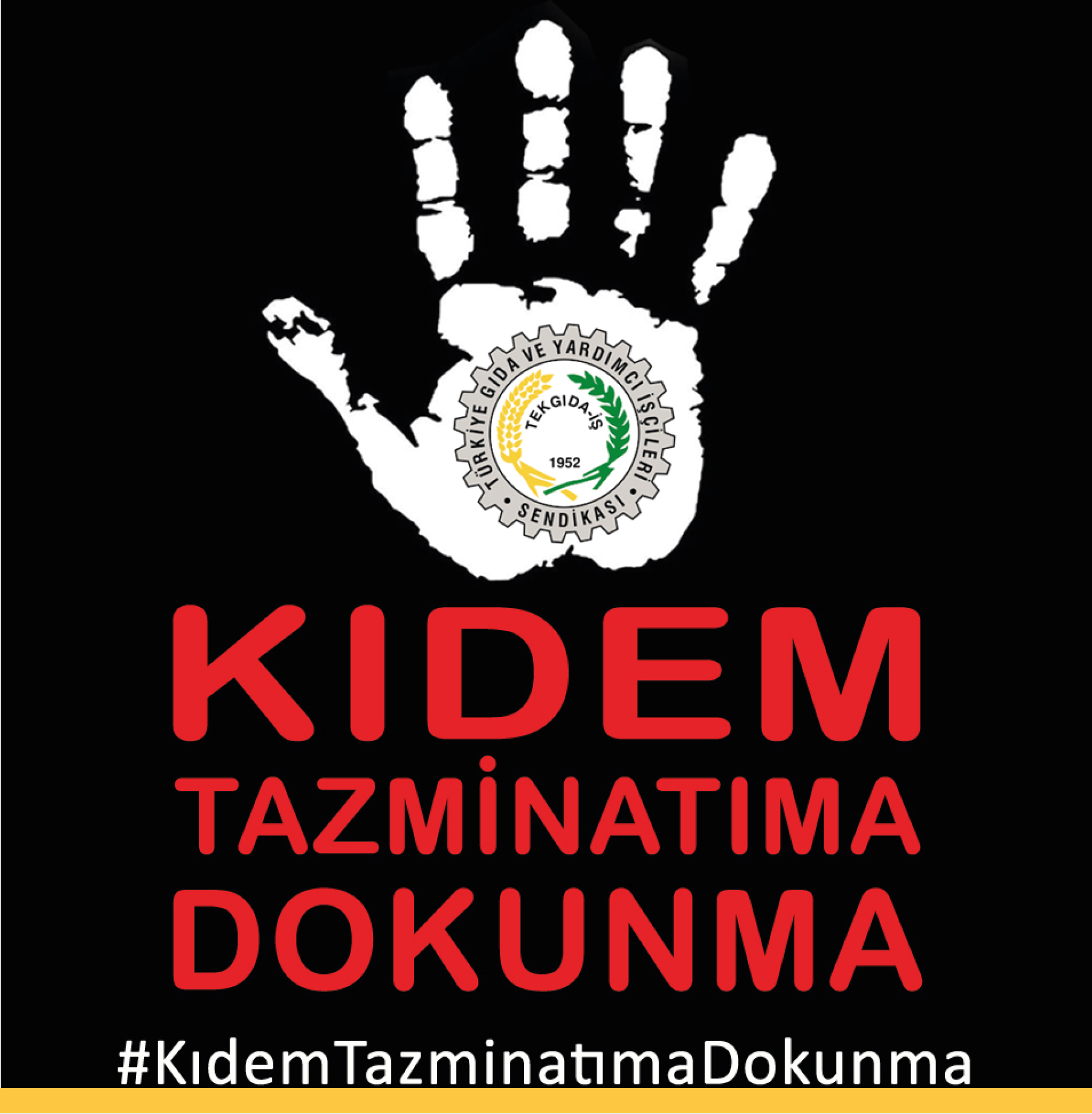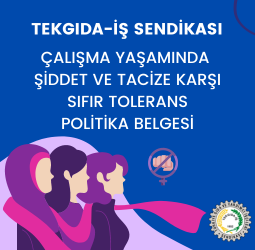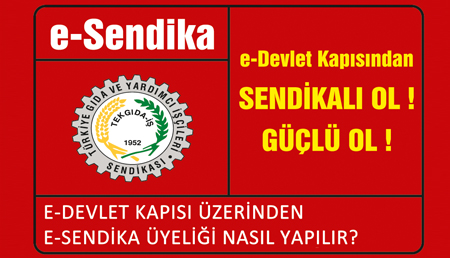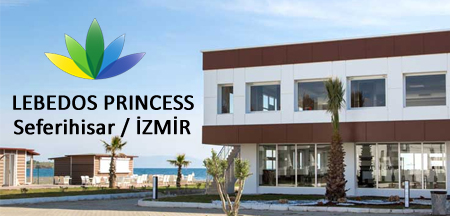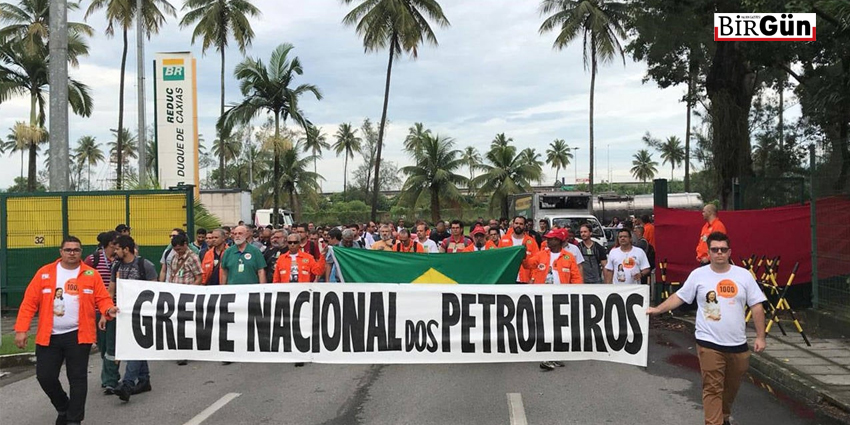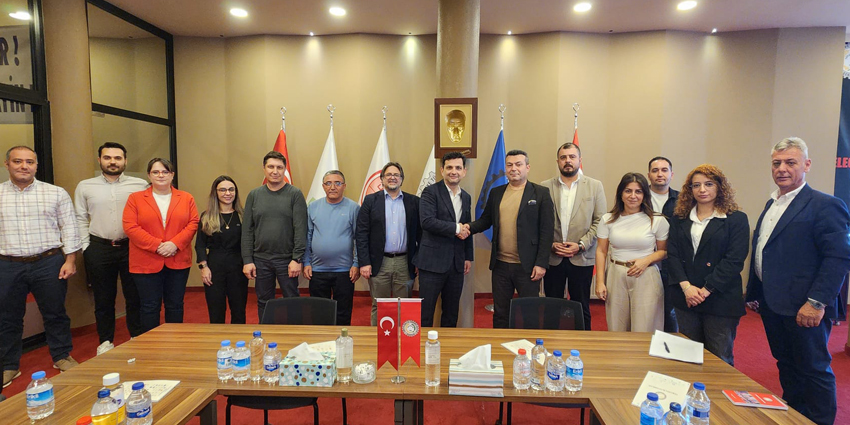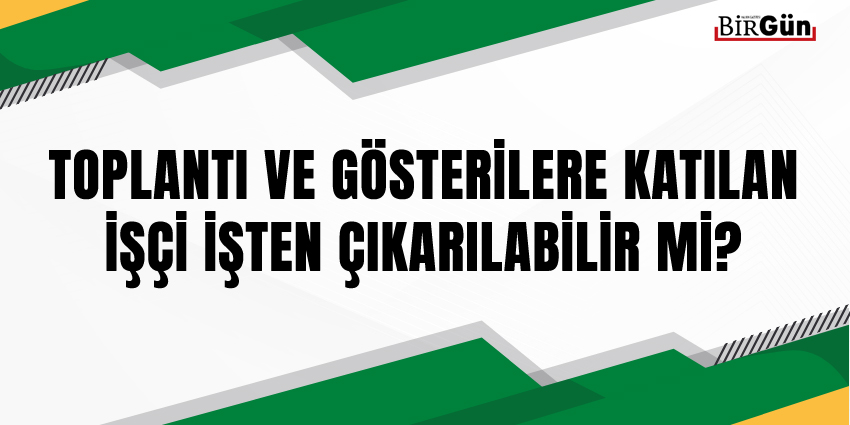TARIM VE GIDA SEKTÖRÜNDE EĞİTİM VE BİLGİ PROJESİ
.

Tekgıda-İş Sendikası’nın ortağı olduğu, Avrupa Komisyonu, İtalya’nın FAI-CISL Sendikaları ve Avrupa Tarım Gıda ve Turizm Federasyonu EFFAT’ın yürütttüğü "Tarım ve gıda sanayiinde çalışanların temsilcilerinin bilgilendirilmesi ve eğitimi Avrupa Projesi" devam ediyor.Tekgıda-İş Sendikası 10 No’lu Şube Başkanı Muzaffer Dilek ve Türk-İş AB ilişkileri Koordinatörü Pınar Alkan Yarıkkaya’nın katıldığı ilk seminer 23-24-25 Mart 2009 tarihlerinde İtalya’da Floransa şehrinde CISL EĞİTİM Araştırma Merkezi’nde yapıldı. İtalya’da yerleşik çokuluslu 4 şirkette bilgilenme ve danışma haklarının kullanılmasıyla ilgili tecrübe ve bilgi paylaşımının gerçekleştiği seminerde konuyla ilgili birçok sunum yapıldı.
Sunumlar arasında yer alan "Tarım ve gıda sektöründe eğitim ve bilgi " konulu makale aşağıdadır:
INTERNATIONAL TRADE UNION
TRAINING AND INFORMATION IN AGROBUSINESS
A FAI-EFFAT training course for international level operators
By Sabrina Rovidotti
The training course, a main event within the European project promoted by FAI- CISL in partnership with EFFAT, and aimed at informing and training of workers’ representatives in the agrobusiness, took place in Florence, at the Centro Studi CISL. The training course,, that was held from 23rd to 25th of March 2009, was attended by workers’ representatives involved in international Trade Union activities, workers’ representatives from Italian controlled multinational groups: S. Benedetto, Perfetti/Van Melle, Bacardi/Martini, Conserve Italia and Bolton Alimentari. In the course of the three-day activities, particular attention was given to the management of the transnational and intercultural aspect, in order to improve the operational ability of workers’ representatives in this area. Italian and foreign participants were informed before the start of the training course that they could get from the FAI website (www.fai.cisl.it) – in the menu on the right under the heading “international projects”- all materials useful for the training course, in the language of their choice, together with the EU directives: 1994/45; 1998/59; 2001/23; 2001/86; 2002/14; the old and the new directive on EWC; the recent work done by SindNova: The new European directive on European Workers Councils, and all the reports or outlines of contributions by the various speakers, these, too, translated and made available in the different languages. Participants also had the possibility to work in groups on specific issues. In particular, one group included those workers’ representatives that wanted an European Workers Council established their company. Their work highlighted the obstacles encountered in starting the negotiations aimed at achieving such an objective. Later, the Effat expert helped the participants to choose a strategy to overcome those obstacles. Another group concentrated on ways to improve the practice of asserting their right to information and consultation in companies that operate in various countries with particular problems and work opportunities. The participants highlighted the operational difficulties present in their EWC and the strategies necessary to overcome those obstacles. In particular, they tried to individuate methods to improve their ability to built common positions for the consultative processes with the company board. The last group included workers’ representatives from multinational companies where the EWC cannot be seen as it is not a real working possibility in the short term; it was therefore necessary that the workers developed an autonomous ability for a transnational collaboration. The group tried to find working methods that could be used by workers’ representatives of various countries to coordinate their trade union activities aimed at improving access to information and to improve national consultative head offices and/or collective negotiation, constituting in this way a transnational network for right to information and consultation. The training course ended with a round table on the topic of: information and consultation of workers in the light of future challenges in the transformation of the agrobusiness sector. This opportunity for an international debate was introduced by Giampiero Bianchi, responsible for the FAI training school and chaired by Claudio Stanzani, general manager of SDA; other participants were: Harald Wiedenhofer, Secretary General of EFFAT, Uliano Stendardi, coordinator of CISL negotiations and Augusto Ciafoni, Secretary General of FAI. Now more than ever, in this particular “time of crisis”, one common and shared point in the round table was that concerning European Workers Councils, so that they could become more important than before and begin to be perceived as useful tools for crisis management. By making the EWC work in respect to information and consultation we are thereby pushed to revise strategies and find a new way of making use of trade unions. When the union acts in a transnational context, it cannot be limited by the use of traditional tools. If the union wants to be able to act when there is a confrontation with big multinationals, when there is reorganisation and mobility of large groups, it needs a variety of different tools to be able to operate and this is when the EWC becomes more and more relevant. Union organisations need to give increasing support to this tool in order to avoid the danger of isolation and to avoid that the EWC becomes only a point of excellence but without connections.
It is no longer possible to manage large businesses with the traditional tools made available at a national level; it is important to employ the role of the European trade union in its transnational function whose strength lies in its knowledge, exchange of information and solidarity built within the EWC. In this regard, the importance of strengthening the European trade union, the transfer to the EFFAT, the coordinators of the EWC, the functions and resources needed by the EWC to be able to take action, to be in a strong position when talking to large companies and the boards of directors of multinationals have become clear. In the absence of a European trade union that is strong and possesses the tools, the coordinators and resources necessary for this role, there is the risk of declaring rights that are difficult to realise. Also, amongst the objectives of the trade union’s organisational and representation projects, there should be that of facilitating a smoother relationship between workers’ representatives at European level in the EWC and the workers’ representatives at national level so as to avoid cultural and linguistic obstacles, but in particular, obstacles linked to the coherence of transnational and national negotiating processes.
These three days of training/knowledge/information activities promoted by FAI have also highlighted another very important issue, that is, the usefulness and the necessity of being aware of the differences in trade unions, production and organisation that exist in the various countries. The training therefore, has a determining role at national level and it is important to continue and to invest in this direction.
A European project promoted by FAI CISL in partnership with EFFAT for the information and training of workers’ representatives in the agrobusiness sector.
A transnational exercise on the rights of information and consultation in four Italian controlled multinational companies.
